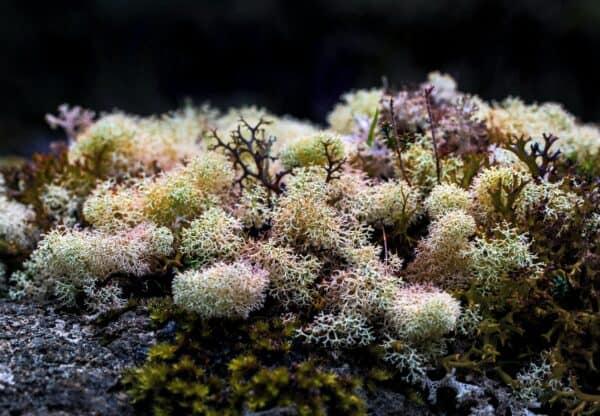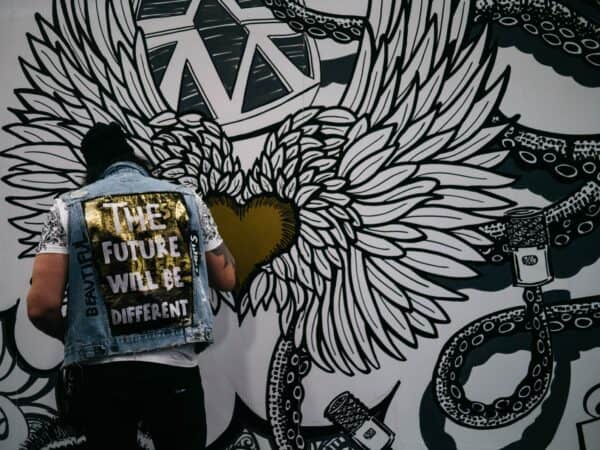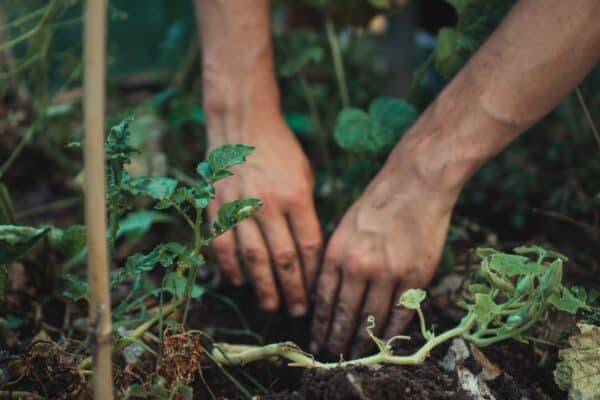In the early days of being a changemaker, I wasn’t operating sustainably. Or consciously. And especially not regeneratively.
I burned the candle at both ends, placing other people’s needs before my own. I depleted my physical, mental, emotional and spiritual resources, said yes when I meant no, no when I meant yes and I had few or no boundaries. I did so because in the family dynamics of my life, I learned that safety meant making sure other people were happy and had their needs met. So I rescued, fixed, saved and pleased, proved and perfected myself through life and work.
Needless to say, I came to the brink of complete exhaustion many times.
Maybe you know this feeling too.
The epidemic of stress, overwhelm, anxiety and burn-out – symptoms of the hungry ghost of capitalism’s grind culture – has become a way of life that we have normalised as simply ‘how the world works’. Now and again we might ask ourselves what we can do to help ourselves ‘manage’ the relentlessness of the high-speed train of production and sharp deadlines. But what if we got off the train altogether?
Self-nourishment goes beyond self-care: it is about building a solid relationship with ourselves by making sure our whole self feel seen and heard and have their needs met.
Self-nourishment goes hand in hand with our personal healing journey around not feeling enough, knowing that we don’t have to earn our right to be here, thinking we need to be perfect or contort ourselves in the name of belonging.
When we become intentional about self-nourishment, we come to address our unhelpful patterns, learn to listen to ourselves, practise self-compassion and say yes and no in the right places.
Today I understand self-nourishment as interrupting all forms of degenerative ways of existing. Today I know self-nourishment as becoming intentional stewards of ourselves. Guardians of the living systems we are.
It is an art-form that asks of us to practise listening deeply to the intelligence of our internal guidance system, and allowing it to lead the way.
Saying yes to choosing to look after ourselves well means creating space and time to cultivate a healthy relationship with our inner world (thoughts, emotions, grief, anger, self-talk, trauma) and our physical body (and how those emotions are stored here), so that we can be healthy in every part of our being, and even thrive. This is also when we come to operate with real integrity.
Engaging in self-nourishment doesn’t always feel comfortable, even though it supports us deeply and our resilience long-term.
Here are a few examples of what I mean:
🌱Saying yes to feeling all our feelings, including grief
🌱Coming to know that we are imperfect and enough and that there is room for growth
🌱Embracing play & our creative expression
🌱Practising gratitude, receiving & feeling abundant even in the midst of challenge
🌱Sharing ourselves authentically, in our true colours
🌱Saying yes to interdependent relationships where we allow ourselves to be seen, heard and held
🌱Stillness and slowing down
🌱Ritual
🌱Developing our connection to Nature
And much much more.
I’ve learned over the years that as changemakers, our first responsibility is to ourselves. Not in a self-centered, individualistic, me-myself-and-I way.
No. At the heart of changemaking is taking radical responsibility for becoming a healthy, regenerative cell in the great web of life. Not a parasitic one that ‘thrives’ on the expense of others, but simply a healthy one, that supports and receives support from the whole ecosystem in interdependent ways.
In essence, self-nourishment is about honouring the life force energy that flows through us and connects us with everything and everyone else across all timelines.
And that means that through the act of looking after and leading ourselves well, we evoke ripples of wholeness across our world.








